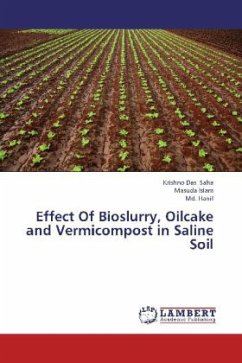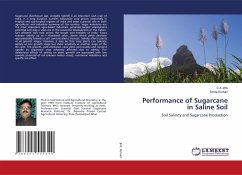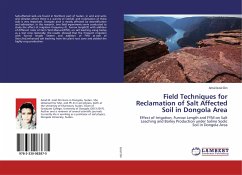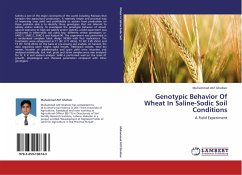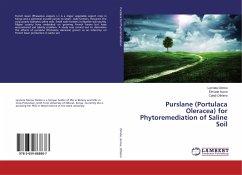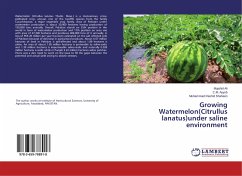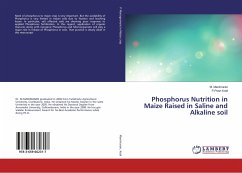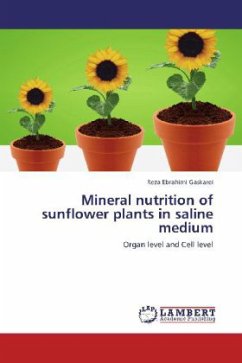In Bangladesh (147, 570 km2) coastal region covers almost 20% (29,000 km2) of the country and also it covers more than 30% of the cultivable lands of the country where 53% of the coastal areas are affected by salinity. The success of sustainable agriculture in coastal region is very much dependent upon the availability of cheap and good quality organic amendments. Among the sources of available organic amendments vermicompost, oilcake and bioslurry may beneficial due to having potential source of readily available plant nutrients, growth enhancing substances, and a number of beneficial microorganisms like nitrogen fixing, P solubilizing, reducing salinity and cellulose decomposing organisms. In Bangladesh, application of low cost and available organic amendments may be a good strategy for the management of high saline soil and also for the availability of nutrients for soil and plants. The present investigation deals with the amelioration of salinity and nutrient availability of saline soils (collected from Batiaghata Upazilla under Khulna District in Bangladesh) through the use of organic amendments such as vermicompost, oilcake and bioslurry.
Bitte wählen Sie Ihr Anliegen aus.
Rechnungen
Retourenschein anfordern
Bestellstatus
Storno

